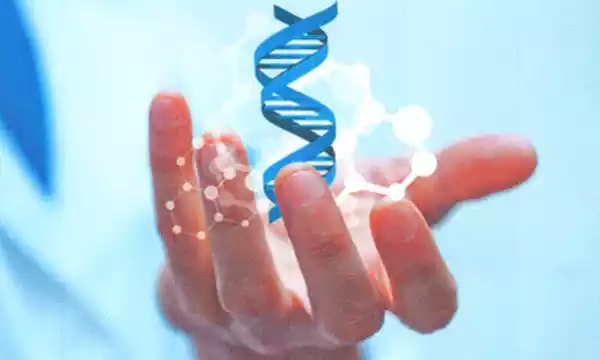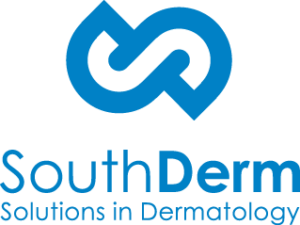Eczema
Overview
Our specialist dermatologists at SouthDerm, Kogarah, Sydney, are able to help you treat and manage eczema. There is no known cure for eczema, so treatments are aimed at healing the skin and minimising further flare-ups.
WHAT IS ECZEMA?
Eczema – also known as atopic dermatitis – is a recurring skin condition in which areas of skin become red, itchy, scaly and red. In some cases the skin breaks open and may weep, bleed and crust over. The skin may also become infected. Eczema can occur anywhere on the body but is often seen in the elbow creases, behind the knees, on the neck, hands, ankles and face.
Eczema is a common disorder that affects one in three Australians. It often begins in childhood and may disappear as children grow, but some people experience eczema into adulthood.
WHAT CAUSES ECZEMA?
The exact cause of eczema is unknown, but it often runs in families. A family history of eczema, hay fever (rhinitis) or asthma is a strong predictor of eczema. All three conditions are known as atopic diseases.
Eczema can be triggered by many allergens including moulds, grasses, pollen, pet hair, house dust mites, soaps (including bubble bath), shampoos and washing powders. Cosmetics and perfumes may also aggravate the condition. Other irritants include tobacco smoke, chemicals, sand, air conditioning or overheating. Certain types of clothing including garments made from wool or nylon can irritate the skin. Hot and humid weather or cold dry conditions can also trigger flare-ups of eczema. Some people find that certain foods or stress cause eczema outbreaks, although food allergies are a rare cause of eczema. Food groups should never be withheld unless a person has a confirmed food allergy identified on allergy testing by a dermatologist.
There are a number of ways to treat eczema and the SouthDerm specialist dermatologists can help. Click on the treatment tab at the top of this section for more information on eczema treatments.
All medical and skin cancer treatments are carried out in our southern Sydney, Kogarah, skin cancer and cosmetic surgery clinic.

Treatment
HOW ECZEMA IS TREATED
There is no known cure for eczema, so treatments are aimed at healing the skin and minimising further flare-ups.
Avoid known triggers or irritants:
- Wear clothing made from breathable fibres such as cotton; avoid rough scratchy fabrics and tight clothing.
- Use soap substitutes that do not dry out the skin; avoid bubble baths and prolonged bathing or showering, which tend to dry out the skin; gently pat the skin dry to avoid excess rubbing of the skin.
- Apply a perfume-free moisturiser to the skin after bathing to lock in the moisture.
- Try to avoid prolonged contact with sand and wet clothing.
- Get to know your eczema triggers and avoid or minimise contact with these.
Creams and ointments:
- Applying perfume-free moisturisers to the skin several times per day can help to minimise dryness.
- Creams or ointments prescribed by your doctor can help to reduce redness and itchiness of the skin. Some contain a type of steroid called a corticosteroid, which acts to reduce the inflammation of the skin.
- Antihistamine medications: these are medications that help to reduce itchiness; they can cause drowsiness so should be avoided during the daytime.
- Antibiotics: may be used when the skin is infected.
- Wet dressings: wet bandaging can help to soothe itching and heal skin lesions; dressings are often applied in hospital several times per day.
More severe cases of eczema may require stronger medications or phototherapy treatment. These options will be discussed with you during your consultation at SouthDerm.

